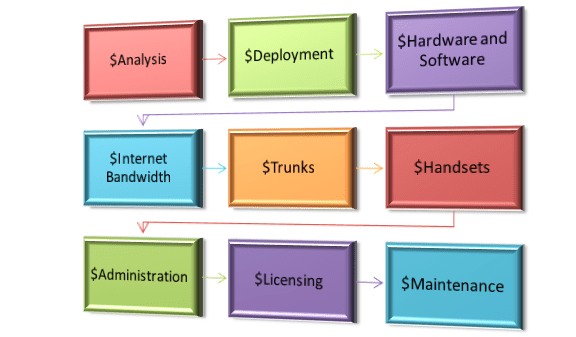Why haven’t you moved your company to the hosted PBX yet?
What do you mean “you’ve only had your current phone system for five years”? Did you keep your cell phone for five years?
Maybe you think that VoIP technology doesn’t move as fast? It does. Well, with the hosted PBX the cool thing is that in most cases, all you need to do to stay current is buy some new handsets! The rest of it practically upgrades itself assuming your service provider wants to keep your business over time.
Easy or not, it’s not uncommon for many companies to not touch their office phone systems for nearly a decade. The problem with this approach is that business technologies evolve and you have to evolve with them or you run a real risk of relying on some antiquated business practices which your clients will sooner or later notice.
Today, if your PBX handset is more than three years old, it may be time to upgrade it to something a bit more recent.




